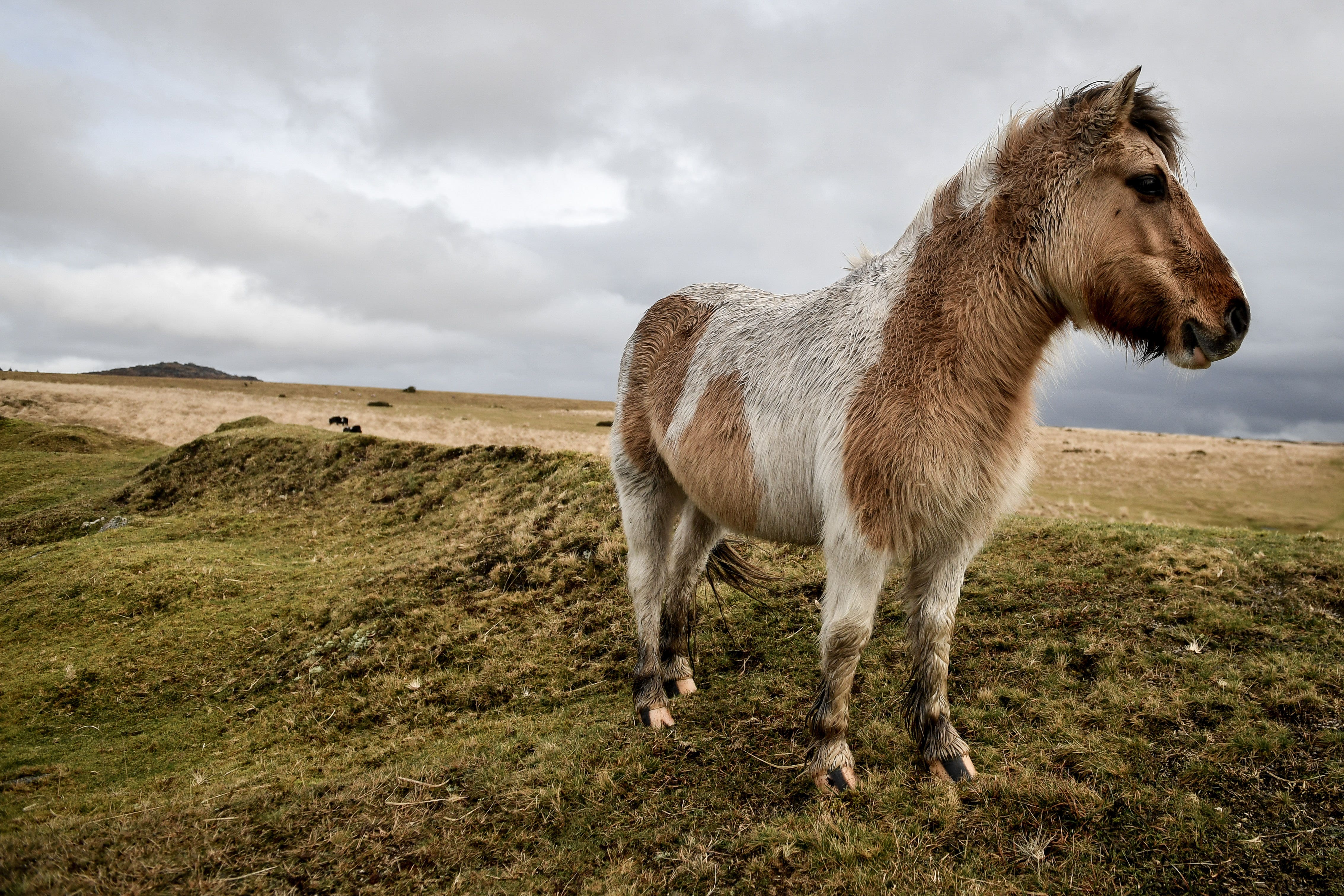Park authority members back appeal against Dartmoor wild camping ruling
Farmers Alexander and Diana Darwall brought the successful legal challenge against the DNPA, claiming some campers cause problems to livestock.

A park authority will challenge a High Court ruling over the right to wild camp on Dartmoor after its members backed an appeal bid.
Members of Dartmoor National Park Authority (DNPA) unanimously agreed at a meeting on Friday that it should pursue its case at the Court of Appeal.
Last week, the DNPA secured the court’s permission to challenge a judgment that people do not have a right to wild camp on Dartmoor without landowners’ permission.
In the January ruling, a judge concluded that a nearly 40-year-old piece of legislation did not provide such a right, despite the DNPA arguing that wild camping was a local custom.
While we proceed with our case, we remain committed to working with landowners and partners to ensure people enjoy Dartmoor.
Farmers Alexander and Diana Darwall brought the successful legal challenge against the DNPA, claiming some campers cause problems to livestock and the environment.
But in a court order granting permission to appeal on April 4, Lady Justice Asplin, said it was “arguable” that a judge “misconstrued” a section of the 1985 law over whether “open air recreation” should include camping.
DNPA chief executive Dr Kevin Bishop said after Friday’s meeting: “The decision to appeal the High Court judgment, which concerns the legal meaning of the Dartmoor Commons Act 1985, raises important issues of public interest that are central to the purpose of our national parks.
“While we proceed with our case, we remain committed to working with landowners and partners to ensure people enjoy Dartmoor, respect that it’s a privately owned landscape, and that they leave no trace of their visit.
“We’re grateful to the landowners who, after the High Court judgment, moved quickly to grant permission for people to backpack camp on their land.”
Mr and Mrs Darwall, who keep cattle on Stall Moor – which forms part of their more than 3,450-acre estate in the southern part of Dartmoor, secured a finding from a judge that the 1985 law that regulates access to moorland does not provide a right to wild camp.
The judgment was labelled a “huge step backward” by campaigners who claimed there was a “long-established precedent” of wild camping on the national park in Devon.
The dispute centred on the interpretation of the 1985 law, with Mr Darwall, a hedge fund manager, and his wife arguing it was not intended to provide a right to wild camp.
In his ruling, Sir Julian Flaux agreed and concluded that the Darwalls were entitled to a declaration that the legislation “does not confer on the public any right to pitch tents or otherwise make camp overnight on Dartmoor Commons”.
“Any such camping requires the consent of the landowner,” the judge added.
Dartmoor National Park, designated in 1951, covers a 368-square mile area that features “commons” – areas of unenclosed privately owned moorland where locals can put livestock.
The Darwalls became concerned about the potential harm of wild camping on commons near Stall Moor, where they keep cattle, lambs and fallow deer, the court was previously told.
The DNPA argued that wild camping – where backpackers stay overnight away from traditional campsite facilities – is permitted as long as people do not cause damage or breach local restrictions and was a form of recreation “enjoyed on Dartmoor for over 100 years”.
Its lawyers claimed there was “no compelling evidence” that it harmed the ecology of Stall Moor or “gives rise to substantial nuisance”.
The DNPA currently says backpack campers can access nearly 52,000 acres of common land across the national park and that those planning to camp overnight should follow a code of conduct and stay in areas where it is allowed.
